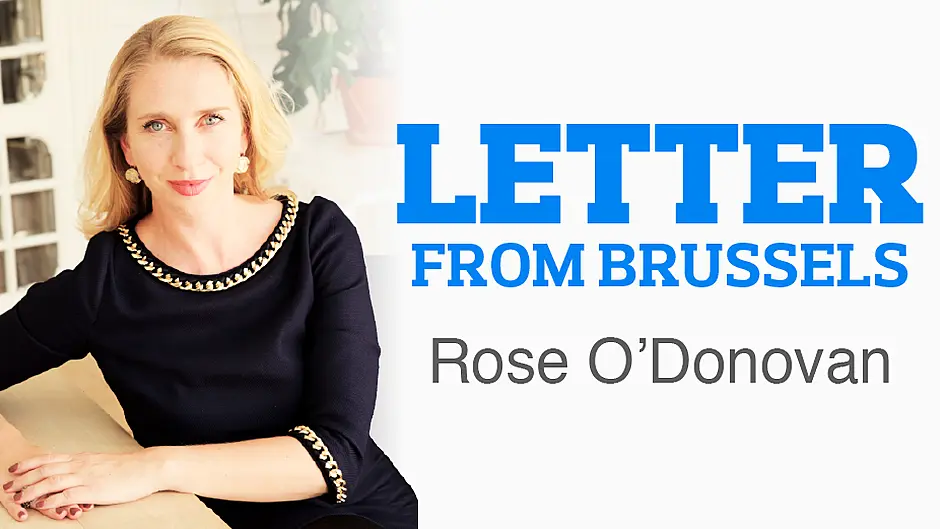EU leaders failed to find an accord on the next Multi-annual Financial Framework (MFF) 2021-2027 at the Extraordinary Summit on February 21st, following a marathon 30 hours of talks, with delegations unable to find consensus on the bloc’s €1 trillion long-term spending plan.
Heads of State and Government entered the plenary session at around 7pm on the Friday evening (February 21), with the meeting wrapped up 25 minutes later, signalled by a tweet by European Council president Charles Michel’s spokesman Barend Leyts that the meeting ‘was over.’ On the basis of a compromise proposal circulated by the Commission, including a hike of €4.4 billion for the farm budget (+€2bn for direct payments and +€2.4bn for rural development) as well as +€4.8bn for Cohesion Policy, leaders were unable to bridge the gaps on the future financial perspectives.
Speaking on behalf of the 17 countries that receive regional development funds, Portugal’s Premier António Costa, stated that the Summit could not continue as the revised Commission text was ‘not viable’ for the majority.
For his part, Dutch leader Mark Rutte, insisted the net payers wanted to limit spending to 1% of Gross National Income (the latest compromise suggested 1.069%, rounded to 1.07%) and pushed for more ‘structured’ rebates for his country and allies Austria, Sweden, Denmark and Germany – worth nearly €6.5bn in 2020.
Following an initial exchange of views in the Council chamber on February 20th – the first day of the Special Summit – Charles Michel held a series of bilaterals in the late evening and into the small hours (until past 5am). He also sat down for intensive talks with groups such as the ‘frugal four’ (Netherlands, Sweden, Austria and Denmark), which advocate an MFF based on a 1% GNI contribution with reductions remaining in place.
In a tweet, the four leaders said they were pushing for budget spending ‘to be modernised, with more focus on, e.g. rule of law, migration, innovation and climate.’ Speaking to reporters after the meeting, Charles Michel said, ‘unfortunately, today we have observed that it was not possible to reach an agreement.’ The former Belgian Prime Minister (October 2014 to October 2019) acknowledged that these financial perspectives were a ‘very difficult topic … a very difficult negotiation, especially after Brexit and the gap of between €60 and €75 billion over the seven years.’
All sides had ‘worked very hard to try to reconcile the different concerns, the different interests, the different opinions on the table,’ but he conceded that ‘we need more time.’ He added: ‘It means that we will see in the future how it is possible to work on this topic in order to succeed, in order to get an agreement in the Council, to have unanimity.’
• Rose O’Donovan is the editor-in-chief of the Brussels-based agricultural policy newsletter AGRA FACTS.
Subscribe to the Southern Star's YouTube channel, like us on Facebook and follow us on Twitter and Instagram for all the latest news and sport from West Cork.










